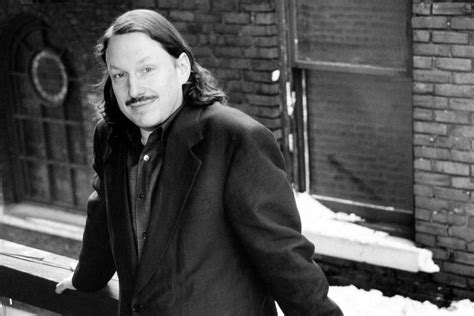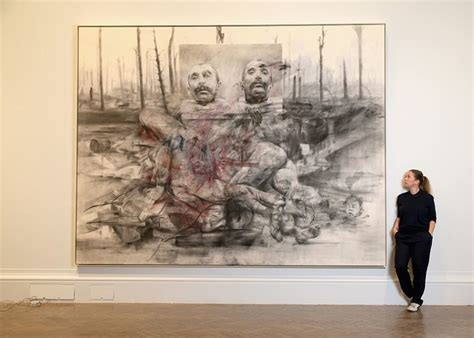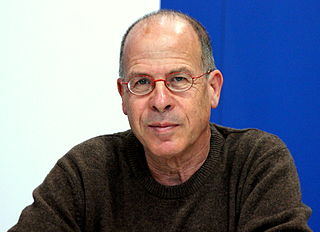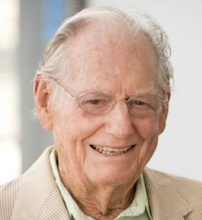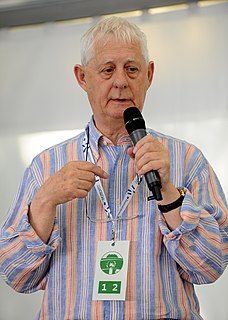A Quote by James Elkins
What kinds of problems, and what kinds of meanings, happen in the paint? Or as one historian puts it, 'What is thinking in painting, as opposed to thinking about painting?' These are important questions, and they are very hard to answer using the language of art history.
Related Quotes
I don’t trust painting. At least not in New York. Most painting here relies on formula and repetition, whoring itself to the market. There seems to be no risk and once a painter gets a strategy, very little exploration. As a result, I stopped thinking about painting a long time ago. I prefer forms of art that are more market-resistant, more idea-based, more - for lack of a better word - risky.
I'm not anti conceptual art. I don't think painting must be revived, exactly. Art reflects life, and our lives are full of algorithms, so a lot of people are going to want to make art that's like an algorithm. But my language is painting, and painting is the opposite of that. There's something primal about it. It's innate, the need to make marks. That's why, when you're a child, you scribble.
But once we realize that people have very different kinds of minds, different kinds of strengths -- some people are good in thinking spatially, some in thinking language, others are very logical, other people need to be hands on and explore actively and try things out -- then education, which treats everybody the same way, is actually the most unfair education.
For me, architecture is an art the same as painting is an art or sculpture is an art. Yet, architecture moves a step beyond painting and sculpture because it is more than using materials. Architecture responds to functional outputs and environmental factors. Yet, fundamentally, it is important for me to stress the art in architecture to bring harmony.
That's what I like about the idea of the aesthetic experience, the idea of both enjoying looking at works of art and how they kind of talk to you, and also the process of making art, getting back to that idea of the aesthetic experience of making art is very important, It's another way of thinking. Instead of just using your brain, you're using your hands to think with. They're different connections, the brain that comes through the fingertips as opposed that comes through the eyes and ears.
All that stuff about flatness - it's this idea that painting is a specialized discipline and that modernist painting increasingly refers to painting and is refining the laws of painting. But who cares about painting? What we care about is that the planet is heating up, species are disappearing, there's war, and there are beautiful girls here in Brooklyn on the avenue and there's food and flowers.
I was doing something that the officials or art commission probably didn't consider important... I was experimenting with different kinds of realistic art, impressionism and the more decorative compositions of different forms of painting, which took away from the earlier photographic realism that I was doing.
I attended the High School of Industrial Arts and studied with many great artists as painting is something that you never stop learning about. Actually, in high school there was a time that I was thinking about just concentrating on painting and I asked my music teacher, Mr. Sondberg, for advice and he encouraged me to stick with the music as well. So all my life I have been singing and painting.
